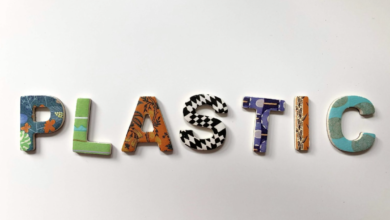Deaths from extreme heat in Europe in 2022 were 70 thousand
Recalculated deaths from extreme heat in Europe, are 10% more
More than 70 thousand people died from extreme heat in Europe in the summer of 2022. Over 7 thousand more than previously estimated. To redo the calculations, published in The Lancet magazine, is the same team that gave the first figure last July. The difference depends on the method used: based on daily death data instead of weekly deaths, the researchers obtained a more granular and accurate photograph.
A new method to calculate extreme heat deaths in Europe
This photograph is based on aggregated daily temperatures and mortality records from 147 contiguous regions in 16 European countries, representing the entire population of over 400 million people. Comparing the results obtained for extreme cold and heat mortality with the two different models, the study establishes that using the weekly data of deaths leads to underestimating the magnitude of 8.56% for deaths related to low temperatures and by as much as 21,56% for deaths related to heat waves.
read also In 2100, deaths from extreme heat in the Middle East and North Africa will be 60 times higher than today
Differences that however narrow during extreme episodes, although they remain significant. “It is important to note that the differences were very small during periods of extreme cold and heat, such as the summer of 2003, when the underestimation by the weekly data model was only 4.62%,” explains Joan Ballester Claramunt, one of the authors of the research.
For the summer of 2022, the difference between the two models has led to underestimating deaths by more than 10%. New estimates of extreme heat deaths in Europe, therefore, bring the total for the summer months of last year to an average of 70,066 deaths, with a fork ranging from 42,283 to 98,955.
The previous study attributed the highest number of deaths in Europe to Italy, with 18,010 deaths from heat, equal to about 30% of the total of the continent. More than Spain, which reached 11,300, and Germany with 8,100. Italy also excelled in deaths per million inhabitants with 295 dead, ahead of Greece (280), Spain (237) and Portugal (211).






